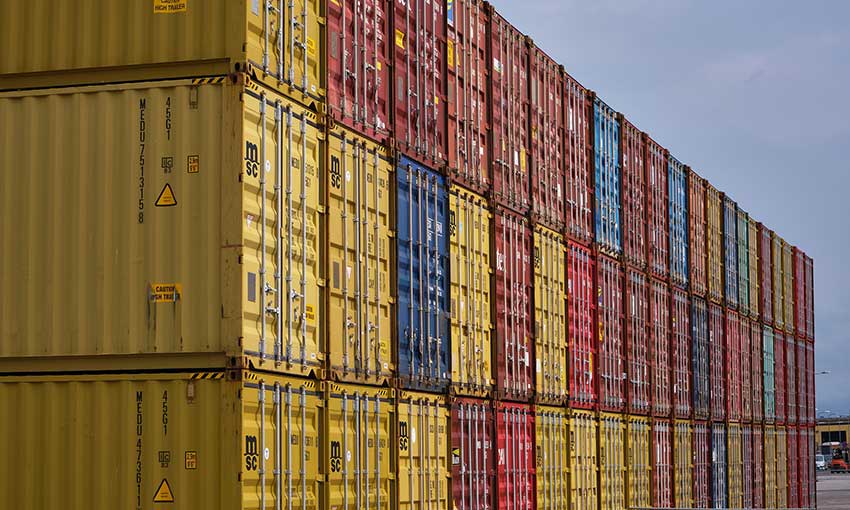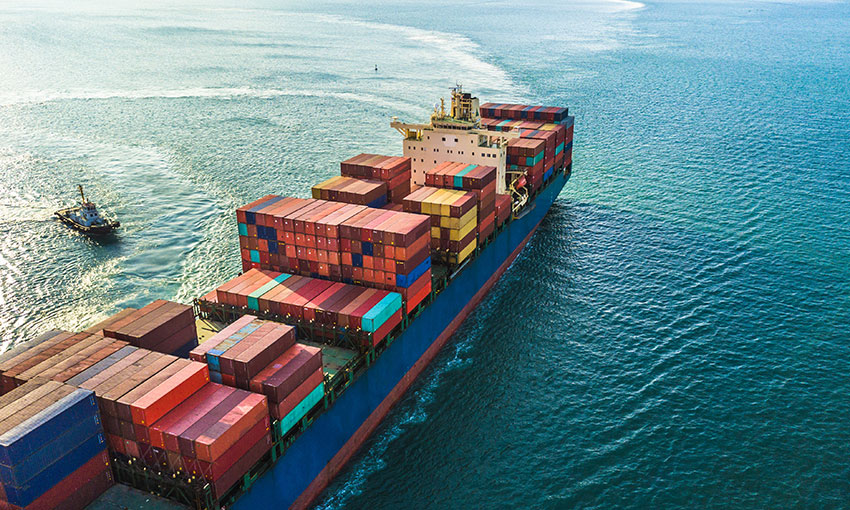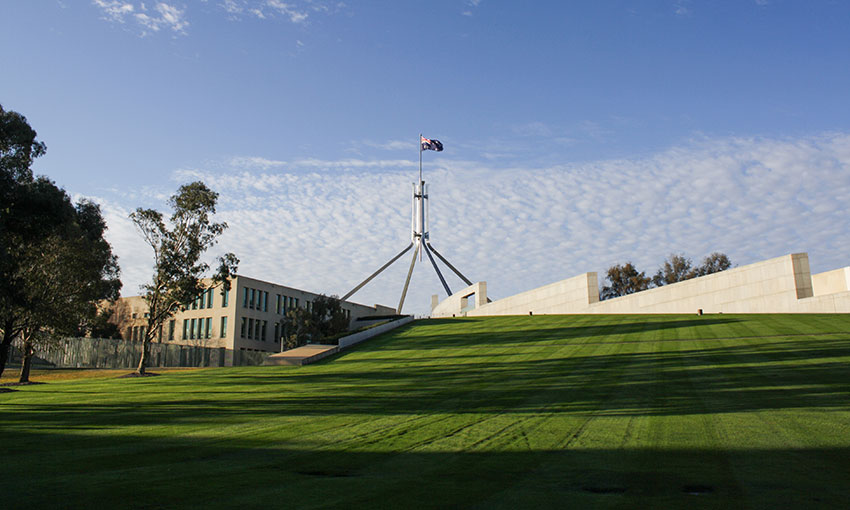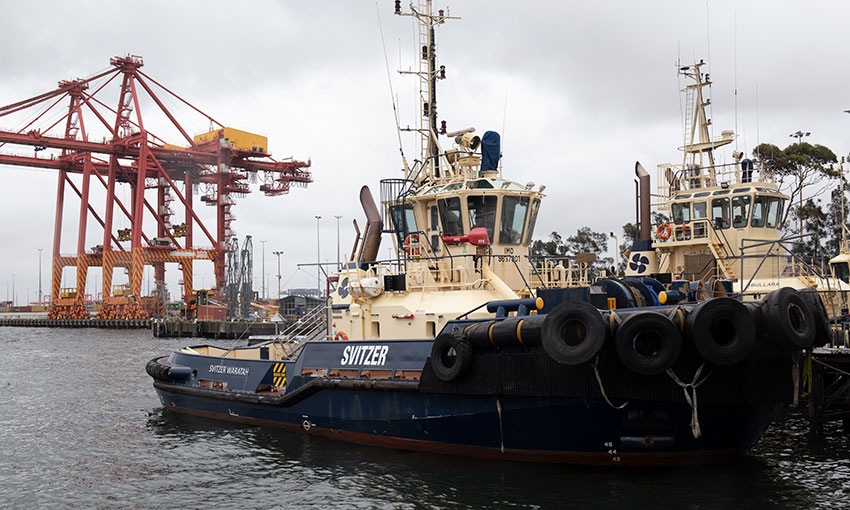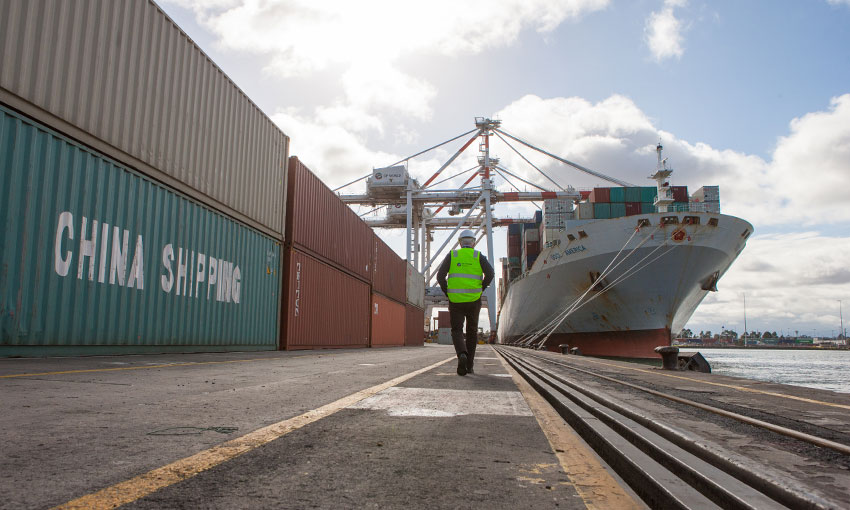THE Productivity Commission is working through an inquiry into Australia’s maritime logistics system, and the many submissions from industry flag some of the most pressing issues in the sector.
In announcing the inquiry, Treasurer Josh Frydenberg said that through the review, the government would ensure that domestic issues are not compounding the problems caused by supply-chain disruptions under surging global demand for goods since the start of the COVID-19 pandemic.
Shipping Australia’s submission to the inquiry, the organisation points out that there has been extensive protected industrial action on the waterfront over the past two years. These actions, it argues, have had consequences across the economy. Delayed ships can cause goods to get stuck, which can ruin the economic value of the goods owing to storage costs, spoiled perishables or other issues. “In short, there is a cascading effect across a wide variety of industries,” SAL wrote in the submission.
SAL estimates if the Patrick and DPWA terminals were shut down due to industrial action, it would cause a daily economic cost of at least $7.5 million at Port Botany, $7.1 million for Melbourne, $4.1 million for Brisbane and $2.9 million for Fremantle.
The submission goes on to offer a solution to the problem. If complete reform of the enterprise bargaining system is impossible, changing the rules around protected industrial action would mitigate the economic damage to the greater economy while retaining the right of waterfront workers to carry out lawful industrial action.
First, SAL proposes that workers be required to give 64 days’ notice before engaging in industrial action. Currently, the notice period is three days.
SAL says the 64 days’ notice would cover the maximum duration of the longest voyage (between Australia and Europe), six days of staging time, and five days of buffer time.
“This would enable ocean carriers, shippers, importers and exporters to take preventative action (e.g. routing to another terminal, informing customers, etc) to avoid being caught up in strikes at Australian container terminals,” SAL wrote.
“At the same time, the rights of employees to strike would be preserved.”
In its submission, SAL also takes aim at Australia’s coastal trading regime, saying it has discouraged the use of ocean shipping to transport freight and has encouraged the use of truck and rail – despite ocean shipping being the most environmentally efficient method of long-haul freight movement.
“The existing coastal trading regime, and flag regime, have been policy failures,” SAL wrote in the submission.
“The policy consequences have been to restrict competition; to drive up the costs of shipping; to drive up the time and burdens of bureaucracy; to destroy seafarer jobs; to destroy landside jobs; to lead to import substitution so that goods from overseas have replaced domestic goods and commodities; to cause a massive de-flagging from the Australian flag; to worsen air pollution and it has likely lead to more deaths in road accidents.”
SAL went on to say the policy of restricted cabotage has not led to an increase in maritime skilling and has decreased the uses of vessels in the Australian General Shipping Register and has “destroyed competition in coastal trading”.
“In fact, it is hard to think of any other policy that has not only been such a complete failure, but has also destroyed the object that it was meant to protect,” SAL wrote.
“Australia could simply to do away with the current, protectionist, regime and allow international ships (which are already sailing around the Australian coast, and which are not allowed to carry coastal cargo) to take part in the cabotage trade.”
From the mining sector
Meanwhile, the Minerals Council of Australia zeroed in on the problems that freight costs are causing mining companies.
MCA said an importer estimated that berthing delays and demurrage expenses in Western Australia had resulted in cumulative costs of $2 million on its business.
Also, it said at least five iron ore and gold mining companies in WA were impacted by industrial disruption at Fremantle, resulting in delays to the receipt of mining equipment.
Among its recommendations to the PC’s inquiry, the MLC said stevedore charging practices should continue to be monitored, including increases in terminal access charges.
It also recommends pursuing “incremental” workplace relations reforms to improve port efficiency.
And finally, the MCA recommended the introduction of a single-permit system for coastal shipping.
MCA said the Australian mining industry is the largest user of coastal shipping and it supports the development of an internationally competitive regulatory framework that enables coastal shipping to operate effectively, efficiently and in the national interest.
“The introduction of the Coastal Trading Act 2012 reduced competition in the coastal shipping industry and saw an increase in the domestic costs of coastal shipping. Whereas the previous licensing regime allowed both Australian and foreign-flagged ships to engage in coastal trade, the current regime discriminates against foreign-flagged vessels and imposes onerous regulatory obligations,” the MCA wrote in its submission.
“The result has been a decline in coastal shipping’s share of the national freight task and in the competitiveness of the freight industry overall. Road and rail now dominate domestic freight while coastal shipping has remained flat in terms of tonne-kilometres transported each year.
“The minerals industry supports reforms that were proposed in the Shipping Legislation Amendment Bill 2015, which would introduce a single permit system allowing competitive trading conditions for all vessels and subjecting all vessels to the same conditions of access and operation.”
The view from the MUA
The Maritime Union of Australia used its submission to call on the Productivity Commission to ignore the “tired and self-serving analysis of some industry contributors” and focus on restoring domestic shipping capacity and “freeing Australian businesses and consumers from the grip of international shipping cartels”.
A statement from MUA national secretary Paddy Crumlin said the union has for many years been highlighting the structural, long-term decline of Australian shipping and the impacts for Australian businesses and consumers of our growing national dependence on services provided by “international shipping cartels”.
“The rapid consolidation of container shipping lining companies through mergers, takeovers, and new forms of alliances between companies has resulted in 90-95% of vessel cargo capacity in Melbourne, Adelaide and Fremantle being controlled by the three major global container shipping alliances, and 70-80% in Sydney and Brisbane. In Melbourne, the top four container liner companies, in only two Alliances, now control 76% of vessel cargo capacity in Q4 2021 – up from 54% in Q2 2017,” Mr Crumlin wrote.
“The real-world impacts of these developments are far more significant for Australian society than the lawful industrial bargaining processes which so many industry players would seek to shift all blame to.”
Mr Crumlin mentioned the steep rise in freight rates seen over the past two years, saying the social and economic consequences of such increases are causing significant cumulative impacts on Australian consumers and business.
“The Productivity Commission should not fall into a trap set for it by noisy complainants in the freight and shipping sectors who stand to benefit from this scarcity and price gouging,” he said.
“Clearly these groups want the inquiry to focus on industrial relations matters at Australian seaports as a smokescreen for the broader issues that threaten to exacerbate Australia’s already vulnerable position at the end of long global supply chains for the simple reason that scarcity, delay and uncertainty actually drive up prices and therefore boost these businesses’ profits.”
Mr Crumlin said the MUA wanted to reframe the debate as one about economic resilience, seaport productivity and the importance of Australia’s domestic supply-chain security.
“Despite three years of rolling natural disasters, pandemic and economic upheaval, the federal liberal government has continued to undermine Australian cabotage – a protective measure employed by most maritime countries, such as the US, Canada and Japan, to ensure domestic shipping capacity is retained and maintained in the national interest,” he said.
“Rather than using the resources of a Productivity Commission inquiry to undermine trade unions on the waterfront, the government should take heed of the Maritime Union’s long-running campaign to restore Australian shipping.
“Not only would this be an insurance policy in times of disaster or indeed international crisis, it would directly undermine the rampant price gouging and greed of major international shipping companies who’ve wilfully put the Australian community in such a perilous position.”

